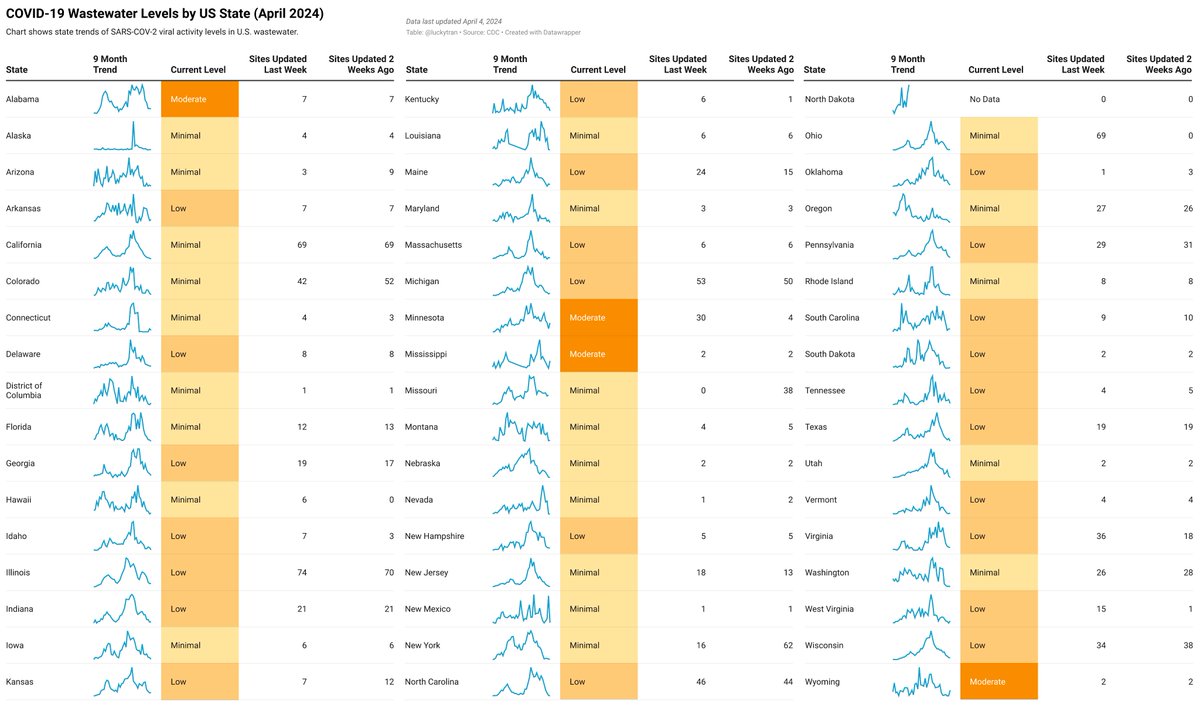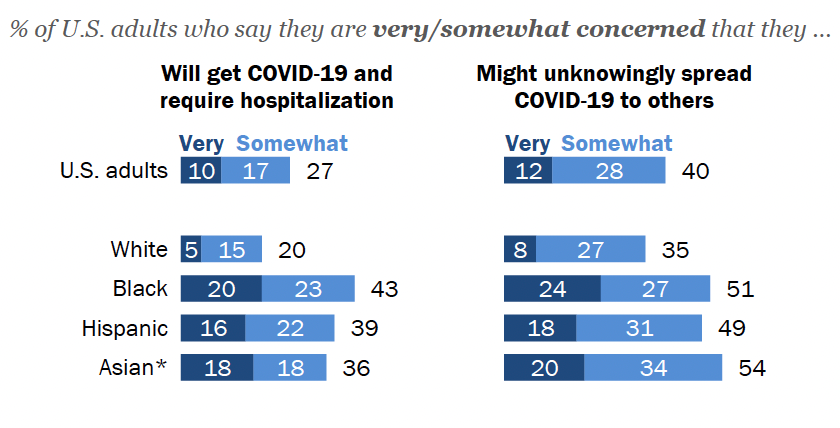Today is the last day U.S. hospitals will be required to report COVID admissions, capacity, or occupancy data to the federal government.
This will make it even more difficult to track the state of the ongoing COVID pandemic, as well as monitor potential pandemics like bird flu.
This will make it even more difficult to track the state of the ongoing COVID pandemic, as well as monitor potential pandemics like bird flu.

Source: axios.com/2024/04/29/hos…
• • •
Missing some Tweet in this thread? You can try to
force a refresh

















